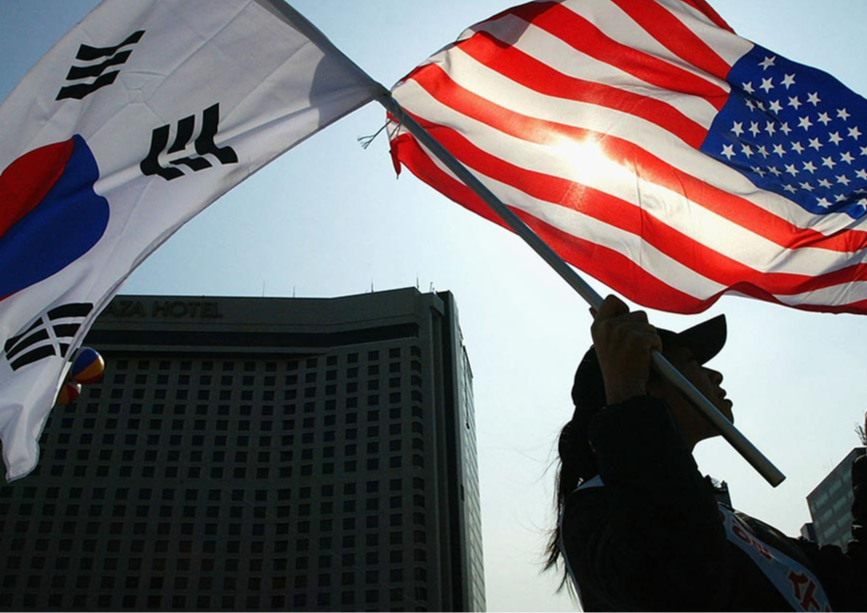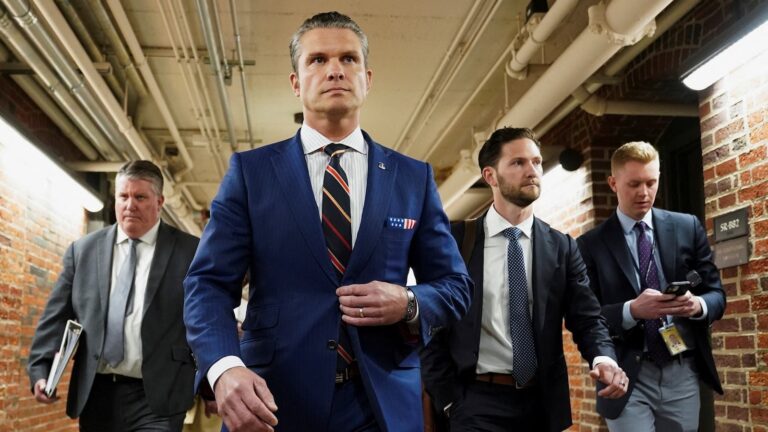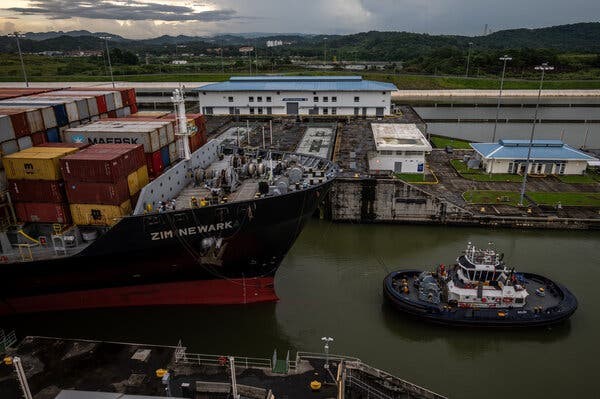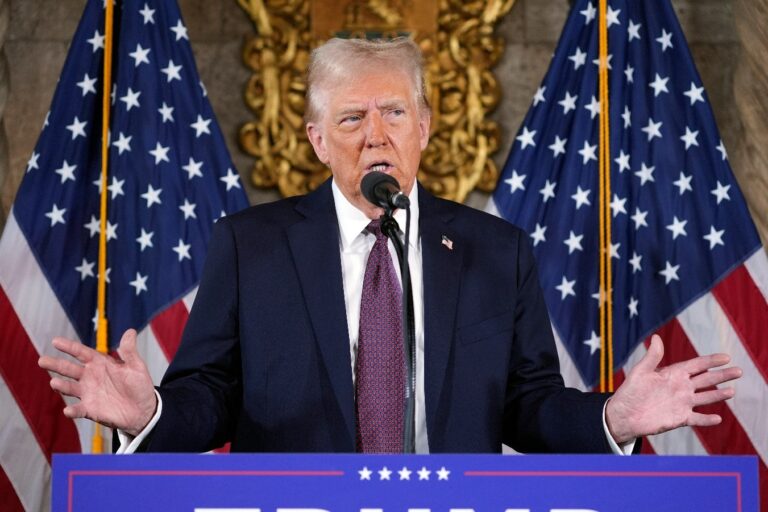South Korea faced a night of political upheaval, shaking the stability of a key democratic ally of the United States and sending shockwaves through the region amid heightened global tensions.
President Yoon Suk Yeol’s unexpected declaration of martial law on Tuesday night stirred outrage, leading to protests and calls for his resignation. Hours later, Yoon reversed the decree, facing strong opposition across the political spectrum. The controversial move, which Yoon claimed was necessary to protect the country from anti-state forces, was seen as a threat to South Korea’s democratic principles.
As per the Leaders Asia sources, this crisis caught Washington by surprise, causing concern for the U.S. military, which has nearly 30,000 troops stationed in South Korea, providing a strategic counterbalance against North Korea and China. With North Korea and China strengthening their ties with Russia, the turmoil in Seoul could have far-reaching implications for regional stability.

The U.S.-South Korea alliance has long been viewed as central to peace in the region, especially with North Korea’s ongoing weapons programs. Any instability in South Korea could complicate U.S. policy goals in the Indo-Pacific, according to experts. The Biden administration has worked hard to strengthen ties with Yoon, notably through high-level meetings and the historic Camp David summit with Japan and South Korea. However, the recent political turmoil in South Korea raises concerns about the country’s reliability as an ally, particularly in light of the enhanced nuclear deterrence cooperation between the U.S. and South Korea.
The chaos in Seoul also presents an opportunity for North Korea to capitalize on the situation. With a history of exploiting South Korea’s internal political strife, North Korea may use this moment to advance its own agenda, either rhetorically or through new military provocations.
According to the sources of Leaders Asia, this turmoil is also being closely observed by China and Russia, who have long opposed the U.S. military presence in Asia. Both countries, particularly China, have been critical of the U.S. strengthening its regional alliances, and any political instability in South Korea could embolden their stance.
As tensions rise in the region, the international stakes of South Korea’s political crisis are high. The situation in South Korea could alter its military support in the Ukraine conflict, especially as North Korea deepens its involvement with Russia. Amid this domestic turmoil, Seoul’s cooperation with its international allies remains crucial, and any instability could have significant consequences for global security.









